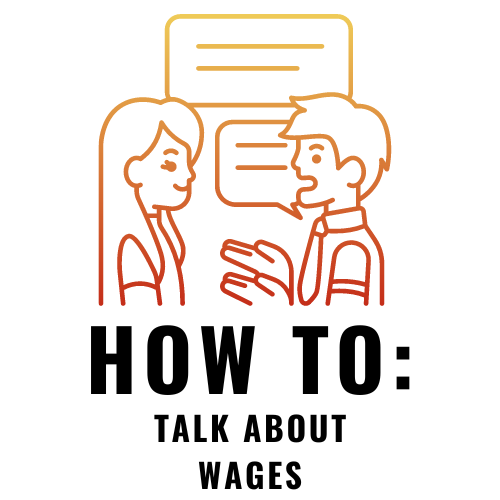The CanadianAnimation GuildIATSE Local 938 |
Tips and Guides Here are a collection of helpful tips and guides for navigating issues that come up in the workplace!
How to Ask for Overtime
|
More Questions? If you did not find what you are looking for here, please contact the Business Agent (businessagent@cag938.ca), the Senior Steward (seniorsteward@cag938.ca) or your shop stewards for more information.



